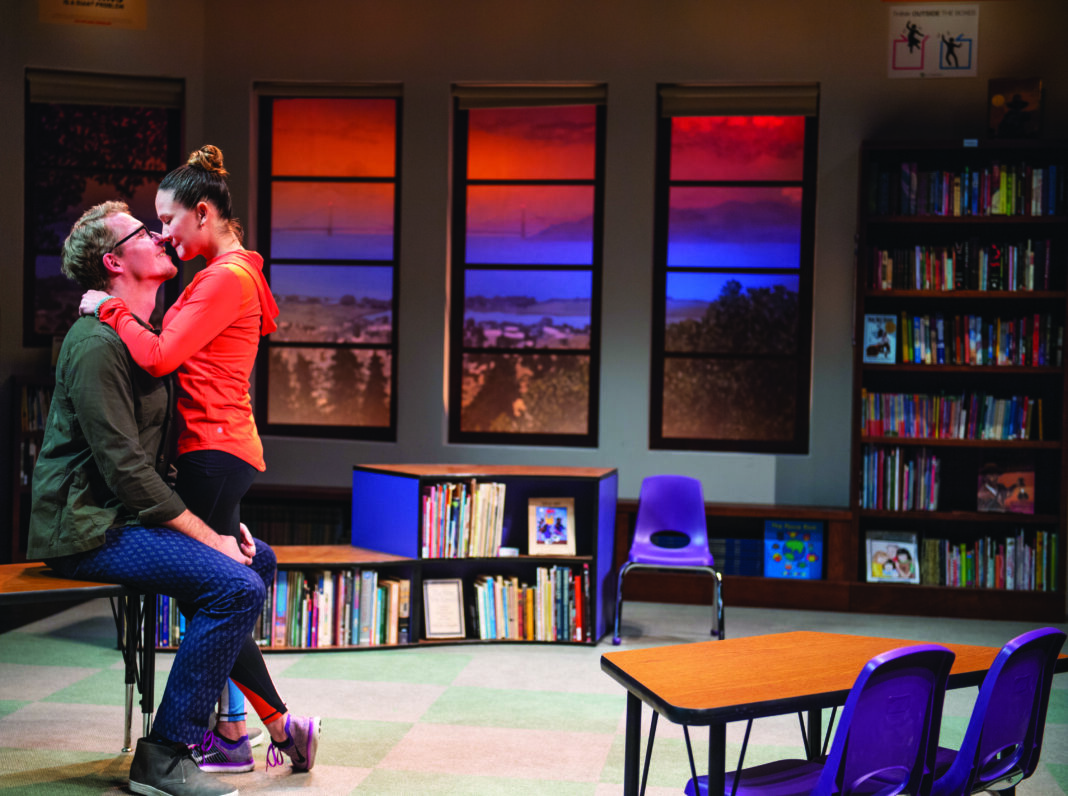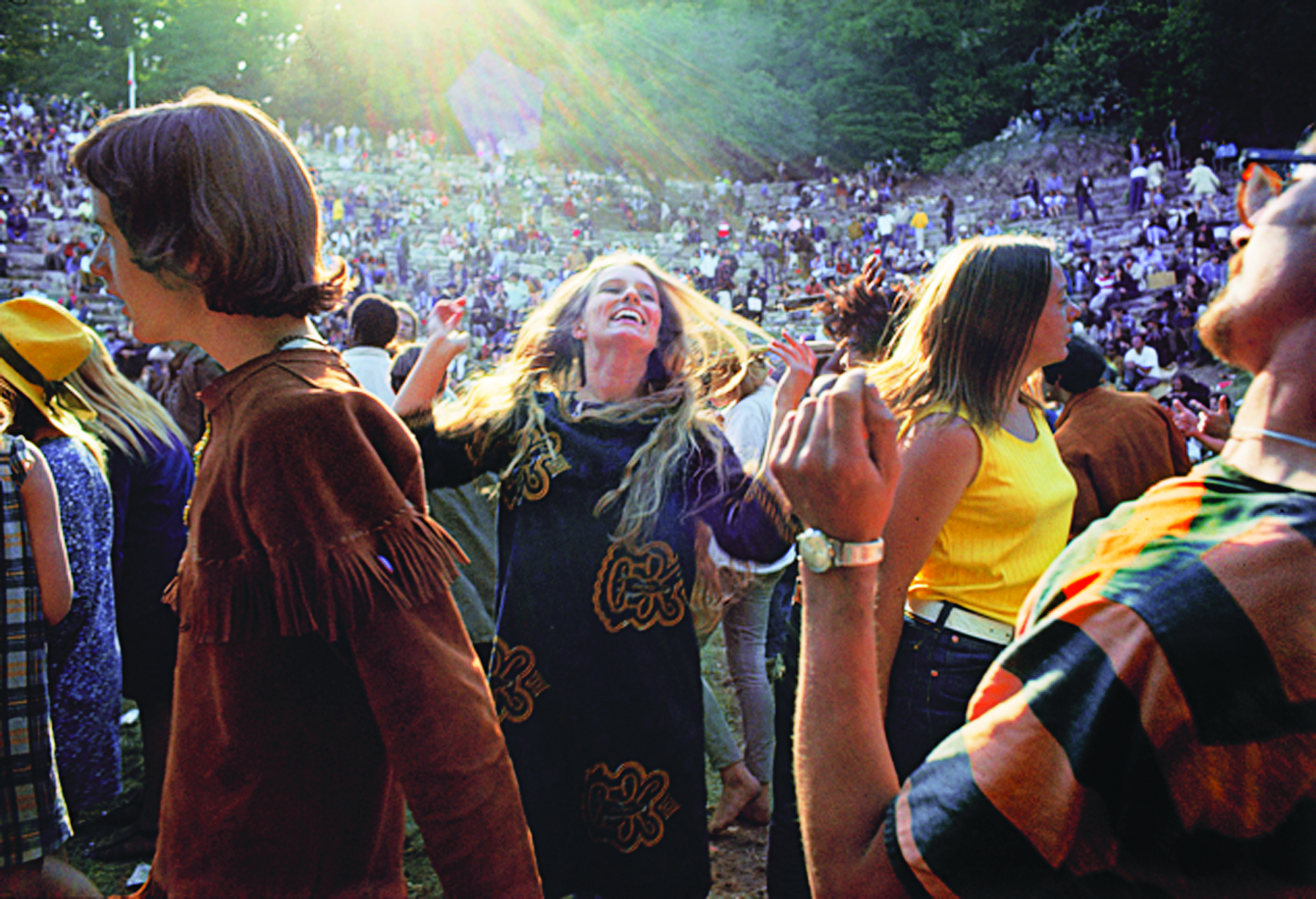Jonathan Spector’s Eureka Day, onstage at Berkeley’s Aurora Theatre, may not be a play for the ages, but it definitely is a play for the NOW. From the pioneers on, Americans have had to choose between two paths whose advocates claim lead to the common good. One is individualism—the belief that freedom is the ultimate socio-economic value, and the other is that communal interventions will produce better results. Efforts to bridge the two are the main focus of our politics on every level, right down to the governing boards of local community organizations like the school that is the setting for Spector’s play.
While the opposing positions may be clear-cut in theory, in practice they usually depend on the context of the argument and the personal agendas of the people on either side. Throw in democracy’s requirement of majority rule, and the resulting struggle to find consensus, or at least a workable compromise, can be ripe material for a perceptive satirist’s steely gaze. Jonathan Spector is such an observer, and on the night I attended, he had the audience nodding with recognition at the similarity to their own experience one minute, then rocking with laughter at how unnecessary much of it seemed.
Eureka Day is being presented as part of Aurora’s new “Originate + Generate play development program,” (O+G). Unlike the Global Age Project that it replaces, O+G is more narrowly focused on assisting local playwrights to develop scripts that conform to the company’s mission and resources, including its limited playing space, and there is the expectation that some of the best will be candidates for full productions in a future season.
This local emphasis is apparent in the play’s opening scene. Eureka Day School, from which the play takes its title, is one of those high-priced private college preps that dot the Bay Area landscape. A five-member executive committee of its parental governing board is meeting in a room with large windows in the rear wall that reveal an expanse of water crossed by a distant bridge (scenic designer Richard Olmsted). In other words, it’s familiar territory for almost all of us.
After a brief but hilarious discussion of how complicated student self-identification on their admission applications has become in an age when there are so many ethnic, gender and behavioral choices, the group gets down to business. There has been an outbreak of mumps in the region and since the disease can have serious consequences, should the school require students to be vaccinated against it and other ailments for which protection is available? Pro and con facts about the vaccine’s efficacy are bandied about, but it soon becomes apparent that scientific evidence is not the main issue. It’s that nasty individual rights vs. communal responsibility rivalry all over again, and neither side will give an inch. The former has a fiery spokesperson in Lisa Anne Porter as Suzanne, whose emotional rhetoric regarding her child’s unfortunate experience with forced vaccination nearly carries the day.
Rolf Saxon’s Don, the amiable school headmaster casually dressed in mustard colored shorts and a T-shirt, is a worthy opponent, especially when he has the backing of Eli (Teddy Spencer), one of the school’s big donors. Carina (Elizabeth Carter), the token person of color, is a fence sitter who ultimately drives a spike into Suzanne’s arguments. Meiko (Charisse Loriaux), is one half of an underwritten sub plot that involves her romantic relationship with the married Eli, but she does have a heartfelt monologue about how we humans have screwed up life on our poor planet. All in all, it’s an excellent ensemble, ably directed by Josh Costello.
Midway through the play, the meeting is opened to the community at large as an imaginary Facebook conference video, with a running series of viewers’ comments projected on screens located near the ceiling of the Aurora Theatre. Their profanity-laden idiocy is very funny, but also a sad reminder of where public discourse is in today’s America.
NOW PLAYING: Eureka Day runs through May 13 at the Aurora Theatre, 2081 Addison St., Berkeley; 510/843-4822; auroratheatre.org.











